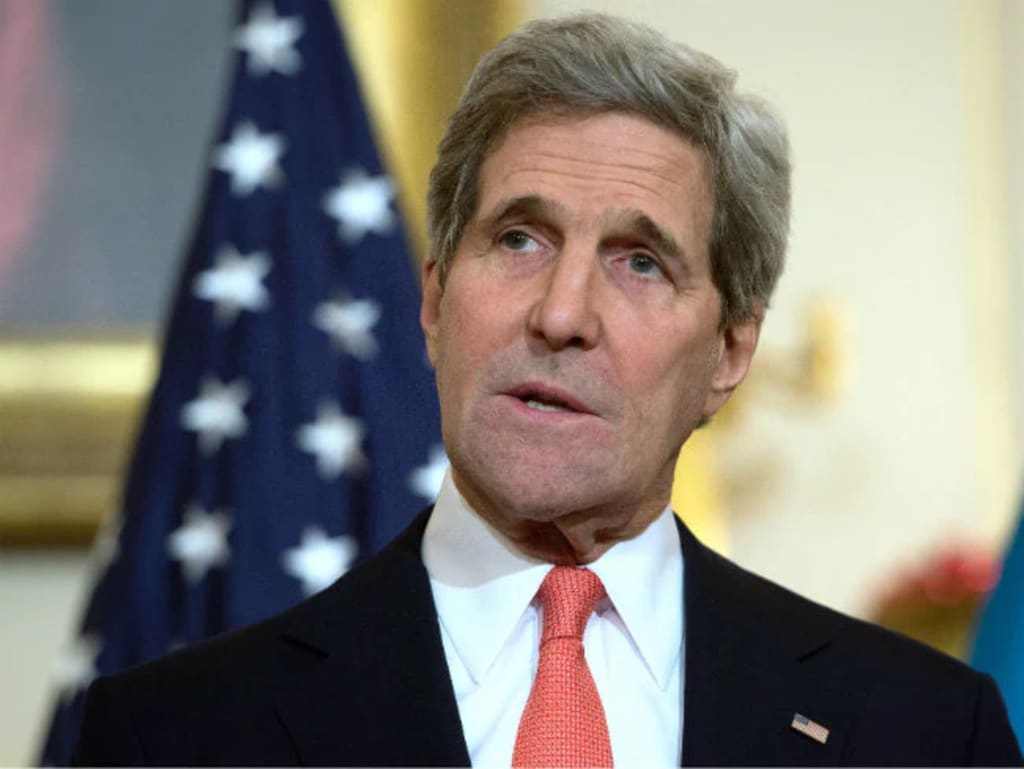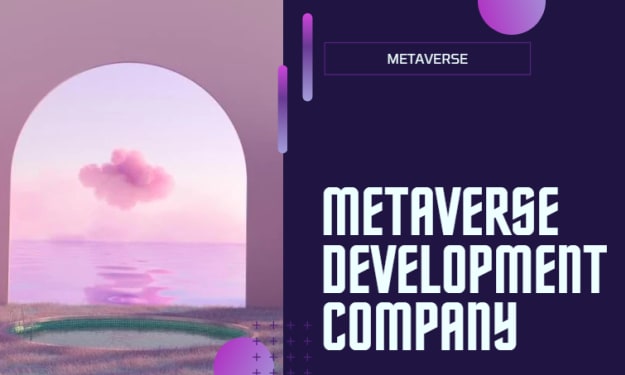Kazakhstan Proposes Ending Talks Between Russia, Iran, and Turkey in Astana
Kazakhstan, a Central Asian country known for its strategic location and active role in international diplomacy, has recently made a bold proposal to end the talks between Russia, Iran, and Turkey in Astana.

Kazakhstan Proposes Ending Talks Between Russia, Iran, and Turkey in Astana
Introduction
Kazakhstan, a Central Asian country known for its strategic location and active role in international diplomacy, has recently made a bold proposal to end the talks between Russia, Iran, and Turkey in Astana. The Astana talks, also known as the Astana process, have been instrumental in addressing the Syrian conflict and facilitating dialogue among the key stakeholders. In this article, we will explore the reasons behind Kazakhstan's proposal and analyze its potential implications for the region.
Table of Contents
Background: The Astana Process
Kazakhstan's Proposal
Motivations and Rationale
Implications for Regional Dynamics
The Role of International Actors
Potential Challenges and Obstacles
Assessing the Viability of Kazakhstan's Proposal
Conclusion
FAQs
1. Background: The Astana Process
The Astana process emerged in 2017 as an alternative platform for negotiations to address the Syrian conflict. It brought together Russia, Iran, and Turkey as the guarantor states, aiming to establish de-escalation zones, facilitate humanitarian aid, and advance the political settlement in Syria. Over the years, the Astana talks have played a significant role in shaping the trajectory of the conflict and have been instrumental in reducing violence in certain regions.
2. Kazakhstan's Proposal
Kazakhstan's recent proposal suggests putting an end to the talks between Russia, Iran, and Turkey in Astana. The proposal comes as a surprise to many, considering Kazakhstan's active involvement in facilitating the negotiations and its reputation as a neutral mediator. The country believes that it is time to explore alternative avenues for resolving the Syrian conflict, emphasizing the need for a fresh approach and broader international engagement.
3. Motivations and Rationale
Several motivations and rationales underpin Kazakhstan's proposal. Firstly, the country acknowledges the progress made through the Astana talks but believes that the conflict requires a more inclusive and comprehensive solution. By ending the talks in Astana, Kazakhstan aims to encourage a wider participation of international actors, including the United Nations, European Union, and other relevant stakeholders, to foster a more robust and inclusive peace process.
Secondly, Kazakhstan seeks to avoid the risk of the Astana process turning into a protracted stalemate. While the talks have yielded positive outcomes, such as the establishment of de-escalation zones and localized ceasefires, they have struggled to achieve a sustainable political settlement. Ending the talks opens up the opportunity to reassess the existing strategies and explore new avenues for dialogue.
4. Implications for Regional Dynamics
Kazakhstan's proposal has significant implications for the dynamics among Russia, Iran, and Turkey. These three countries have been the key players in the Astana talks and have developed a degree of understanding and cooperation through their engagement. However, ending the talks may disrupt this fragile equilibrium and potentially strain the relationships among the three nations.
The proposal also has implications for other regional actors, including Syria and its neighboring countries. It may create a sense of uncertainty regarding the future trajectory of the conflict and the involvement of various stakeholders. The absence of the Astana talks could lead to a realignment of alliances and strategies, further complicating the path towards a peaceful resolution in Syria.
5. The Role of International Actors
Kazakhstan's proposal highlights the importance of broader international engagement in resolving the Syrian conflict. It calls for increased involvement of the United Nations, which has played a crucial role in other peace processes worldwide. The proposal also seeks to leverage the expertise and resources of regional organizations such as the European Union and the Arab League to support a more comprehensive and inclusive dialogue.
The active participation of international actors can bring diverse perspectives and approaches to the table, fostering a more balanced and sustainable solution. It can also help address the root causes of the conflict, including political, economic, and social factors, and contribute to post-conflict reconstruction and stability in Syria.
6. Potential Challenges and Obstacles
While Kazakhstan's proposal holds the promise of revitalizing the peace process, it also faces several challenges and obstacles. One of the key challenges is gaining the consensus of all parties involved, particularly Russia, Iran, and Turkey. These countries have invested significant diplomatic capital in the Astana talks and may be reluctant to abandon the existing framework.
Moreover, the involvement of international actors introduces the complexity of coordinating and aligning the interests of multiple stakeholders. Divergent agendas, competing priorities, and power dynamics may hinder progress and impede the formation of a unified approach towards resolving the conflict.
7. Assessing the Viability of Kazakhstan's Proposal
Assessing the viability of Kazakhstan's proposal requires careful consideration of various factors. The success of the proposal depends on the willingness of all stakeholders to embrace a new approach and engage in meaningful dialogue. It also relies on the ability to strike a balance between inclusivity and efficiency, ensuring that the peace process remains comprehensive while avoiding excessive fragmentation.
Furthermore, international support and commitment are crucial for the proposal's success. The involvement of the United Nations, regional organizations, and other key actors will play a pivotal role in providing legitimacy, resources, and expertise to drive the peace process forward.
Conclusion
Kazakhstan's proposal to end the talks between Russia, Iran, and Turkey in Astana represents a significant development in the Syrian peace process. It aims to inject new energy and broader international engagement into resolving the conflict. While the proposal faces challenges and uncertainties, it offers an opportunity to reassess existing strategies and explore innovative approaches for achieving a lasting and inclusive peace in Syria.
FAQs
Q: Why is Kazakhstan proposing to end the talks in Astana?
A: Kazakhstan believes that a fresh approach and broader international engagement are necessary to resolve the Syrian conflict effectively.
Q: What are the implications of ending the Astana talks?
A: The proposal could impact the dynamics among Russia, Iran, and Turkey and create uncertainty regarding the future of the conflict.
Q: How can international actors contribute to the peace process?
A: Increased involvement of international actors, such as the United Nations and regional organizations, can bring diverse perspectives and resources to support a comprehensive dialogue.
Q: What are the potential challenges for Kazakhstan's proposal?
A: Gaining consensus from all parties involved and aligning the interests of multiple stakeholders are key challenges for the proposal.
Q: How can the viability of the proposal be assessed?
A: The success of the proposal depends on stakeholders' willingness to embrace a new approach and engage in meaningful dialogue, along with international support and commitment.





Comments
There are no comments for this story
Be the first to respond and start the conversation.